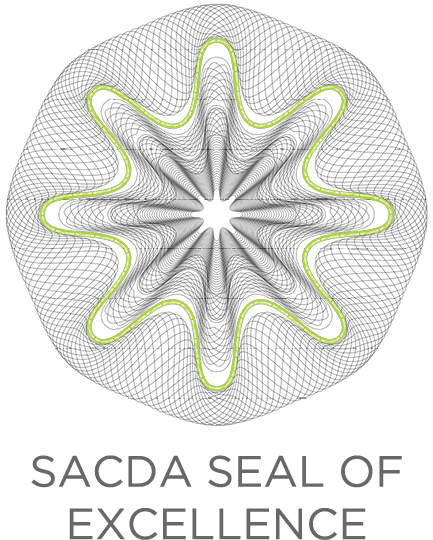Original Research
Internal career orientations guidance for emerging adults in a university of technology
Submitted: 05 February 2023 | Published: 19 May 2023
About the author(s)
Margaret M. Ngope, Department of Industrial and Organisational Psychology, College of Economic and Management Sciences, University of South Africa, Pretoria, South AfricaMelinde Coetzee, Department of Industrial and Organisational Psychology, College of Economic and Management Sciences, University of South Africa, Pretoria, South Africa
Abstract
Background: Schein’s career orientations inventory (COI) is known to help undergraduate emerging adults develop deeper insight into the master career values that drive study and career choices.
Objectives: The study’s objective was to assess the inner career orientations of young emerging adults in a university of technology setting.
Method: The study had a cross-sectional design and involved a random sample (N = 368) of black African university of technology students (mean age = 20.76 years) enrolled for further studies at the Faculty of Humanities. An exploratory factor analysis of the COI was applied.
Results: Four inner career orientations emerged labelled as security and stability (highest mean score), specialised creativity and problem solving (second highest mean score), entrepreneurship (third highest mean score), and general managerial autonomy (lowest mean score).
Conclusion: The findings of this study highlight the importance of uncovering the inner career orientations denoted by the career anchor factor structure of the COI for young emerging adults in a specific setting to ensure relevant and useful career guidance.
Contribution: The study contributed to career guidance in the African context by providing new insights into the inner career orientations of black African emerging adults.
Keywords
Sustainable Development Goal
Metrics
Total abstract views: 1006Total article views: 1268
